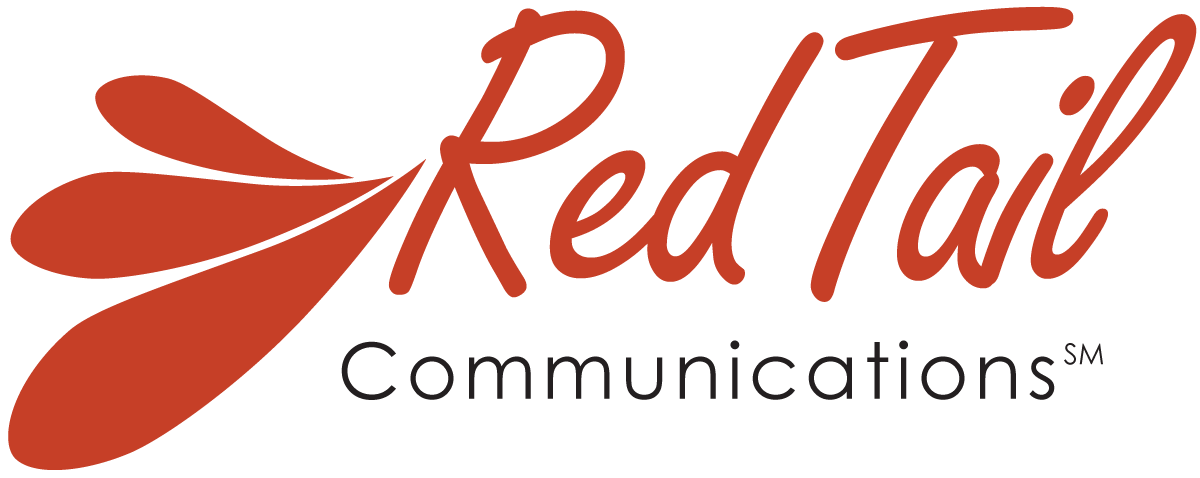It’s okay to not engage
Many years ago, I participated in a train the trainer program on conflict resolution. During one of the sessions, a participant made a statement I remember to this day. In short, she said when we choose to engage with someone and work through a conflict, we’re choosing to deepen the relationship and, in a way, become more intimate with that person than if we’d not discussed the conflict.
That thought has stuck with me and has actually provided me a bellwether on how I choose to proceed with someone – do I want to work on the relationship, or would it not be beneficial? I realize that may sound a bit harsh, but sometimes it’s best to not go through the effort.
I was invited to a meeting a while ago where three people were clearly present to attack, in an effort to maintain a contract that I was planning to end. It began as inaccurate information and progressed into full on bullying, complete with stretching the truth to an unrecognizable form.
I have two rules that I live by in my professional life. One, I do not engage with bullies. While I can’t control others, I can control what I do, and since the only way to engage with a bully is to bully back, I will not do it. Interestingly, I find that often when I don’t engage, the bully will back off and a healthy conversation can begin.
Second, no matter how beneficial it may feel in the short term, it isn’t helpful for anyone to throw out useless accusations. I find discussing goals and resolutions is the most effective way to move forward in a relationship. While sometimes discussing past conflicts can help to move forward, it can be done with respect of the other person and what they bring to the table.
I won’t detail the outcome of the meeting, if you’d like to hear the end, feel free to reach out. The point of this missive is to give you permission to also not engage. It’s not easy! We are conditioned to defend ourselves regardless of the situation. But ask yourself – to what end? Will it improve the relationship? Will it end the conflict? Make you better co-workers or friends? If not, don’t engage.
You may or may not need it, but here you go – you have my permission the next time you’re feeling attacked to simply sit back, not respond, and leave the situation without engaging.
In the words of Morgan Richard Olivier, “They don’t need to know your side of the story, and you don’t need the last word. Seek healing and you’ll find peace in not proving your point.”
